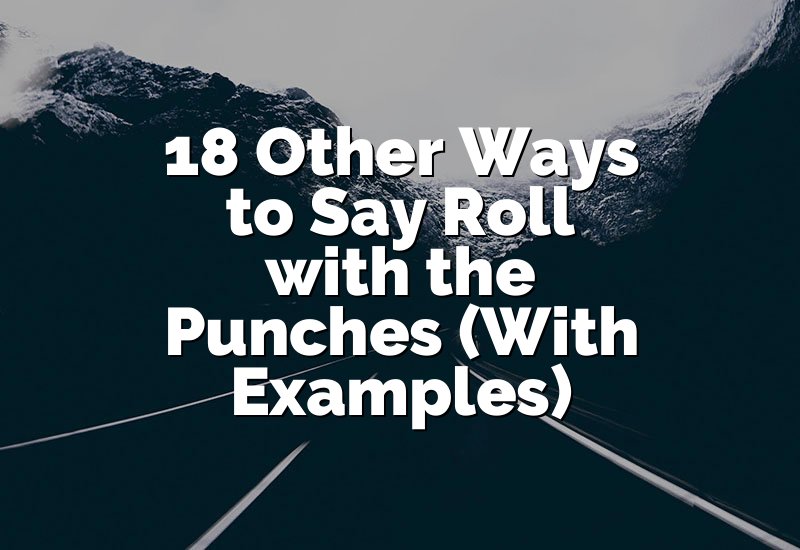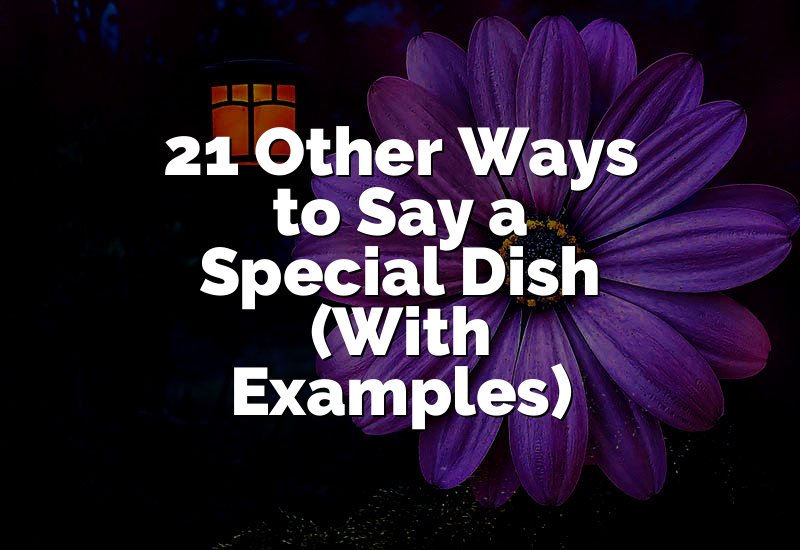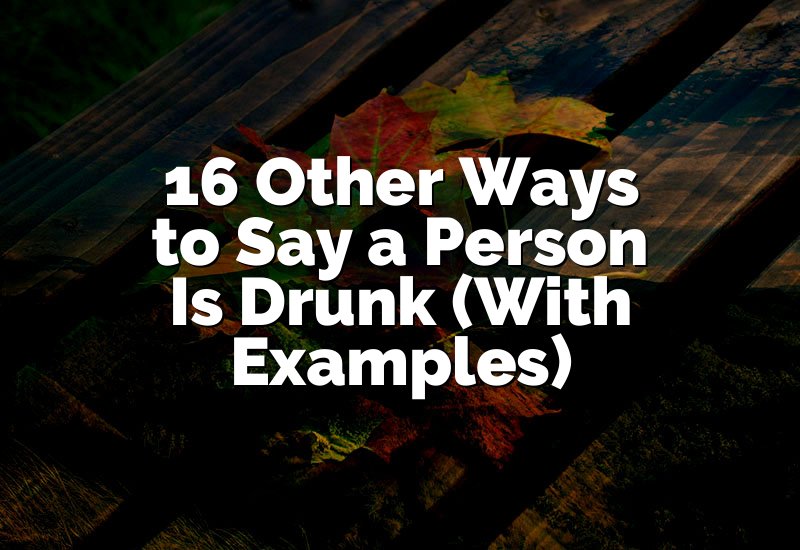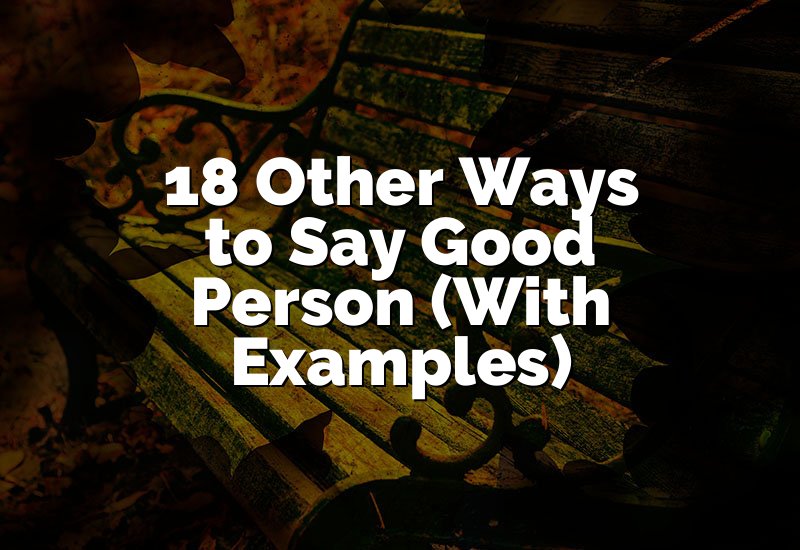You know that moment when someone gives a response, but it's totally not what you were asking for? It can be a little frustrating, right? Instead of saying "You didn't answer my question," there are lots of other ways to let someone know they missed the mark. In this post, we'll look at some clever and polite alternatives to keep the conversation going without sounding rude. So, let's dive in and discover how to say it differently!
21 Other Ways to Say “You Didn’t Answer My Question”
- That's not what I asked.
- You avoided my question.
- That doesn't address my inquiry.
- I'm still waiting for an answer.
- You didn’t respond to my point.
- That's not the response I was looking for.
- Can you answer my question directly?
- You went off-topic.
- That doesn’t answer what I asked.
- I need an answer to my question.
- You missed the point of my question.
- I'm not sure that's relevant.
- That wasn't the answer I expected.
- Can you clarify your response?
- That's not the information I need.
- I was asking something different.
- You skipped over my question.
- That doesn't really address my concern.
- Can you answer my question, please?
- That wasn't the response I needed.
- That doesn’t seem to answer what I asked.
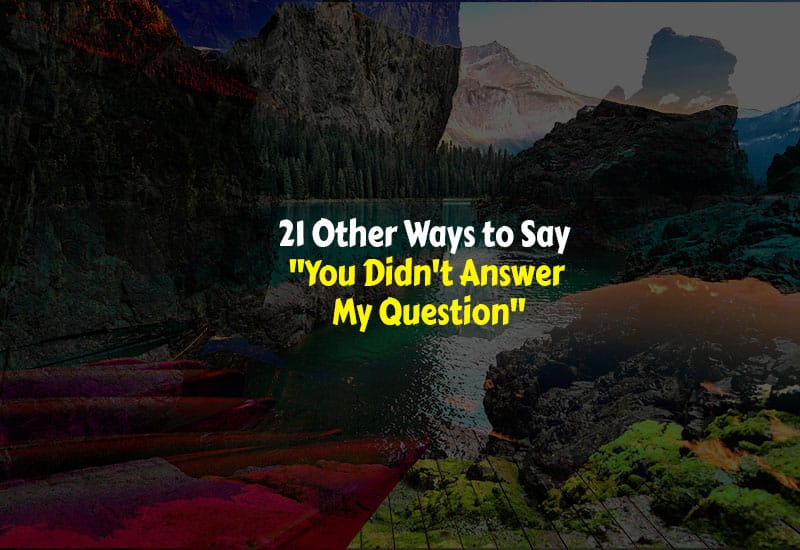
1. That's not what I asked
If someone gives an answer that doesn’t relate to your question, you can say “That's not what I asked.” This lets the person know they didn’t provide the information you were looking for. Be polite and direct, so they understand you need an answer to your specific question. It's important to stay calm and explain what you were asking if the person seems confused. This approach can help guide the conversation back on track without being confrontational.
2. You avoided my question
Sometimes people don’t want to answer a question directly, either because they don’t know the answer or they’re uncomfortable with it. Saying “You avoided my question” is a way to point this out. It's not rude, but it helps them understand they've sidestepped the topic. This can lead to a more open conversation, where you can encourage the person to address the question more honestly. It's important to ask again if you feel the answer is important.
3. That doesn't address my inquiry
When someone answers a question without giving you the exact information you need, you might say, “That doesn't address my inquiry.” This phrase politely tells them that their response doesn’t answer your specific concern. You can follow up with more details or rephrase your question to help them understand what you’re looking for. Be patient and open to clarification, as sometimes people might not realize they missed the point of your question.
See Also: 29 Other Ways to Say "It Was a Pleasure Meeting You"
4. I'm still waiting for an answer
If someone doesn’t answer your question after a while, you can say, “I'm still waiting for an answer.” This gently reminds the person that you're expecting a response. It can help keep the conversation focused and ensure that your question is addressed. Sometimes, people need a prompt to realize they've missed something, and this approach is polite without sounding impatient.
5. You didn't respond to my point
When you feel your question hasn't been properly answered, saying “You didn't respond to my point” helps highlight that your main concern wasn't addressed. This is an effective way to steer the conversation back toward your question, encouraging the person to provide the information you’re seeking. Try to be clear about what part of the answer was missing, so they can give a more relevant response.
6. That's not the response I was looking for
If the answer you received isn't what you needed, saying “That's not the response I was looking for” helps make it clear that you need something different. This phrase politely expresses that the response didn't match your expectations. It's a good way to let the person know that you need more information or a more direct answer, while giving them a chance to correct themselves.
7. Can you answer my question directly?
Sometimes, answers can be unclear or overly complicated. You can simply ask, “Can you answer my question directly?” This requests a straightforward response without extra details. It's a polite way to focus the conversation back on the specific question you asked. It shows you respect the person’s time and just want to get the right answer.
8. You went off-topic
If the conversation has strayed from your original question, you can say, “You went off-topic.” This is a gentle way of pointing out that the discussion has moved away from what you were asking. To get back on track, you can restate your question, helping guide the conversation toward a more relevant answer.
9. That doesn't answer what I asked
Sometimes people respond, but their answer doesn't really address the question. Saying “That doesn't answer what I asked” helps politely point out that the response was not what you were expecting. This gives the person a chance to provide a better or more specific answer.
See Also: 28 Other Ways to Say "Does That Make Sense"
10. I need an answer to my question
If you're still waiting for a clear answer, you can directly say, “I need an answer to my question.” This phrase emphasizes the need for a response and shows that you’re looking for a specific answer. It's a polite way to remind someone that your question is important and requires attention.
11. You missed the point of my question
Sometimes, people answer in a way that doesn't fully understand what you were asking. If this happens, you can say, “You missed the point of my question.” This points out that the answer didn't directly address the main idea of your inquiry. You can follow up by restating your question clearly to guide them toward the right answer.
12. I'm not sure that's relevant
If someone answers a question but their response doesn't seem related, you can say, “I'm not sure that's relevant.” This helps gently remind the person that you're looking for an answer that directly addresses your question. You can then steer the conversation back to the topic you originally asked about.
13. That wasn't the answer I expected
If the response you received doesn't meet your expectations, you can say, “That wasn't the answer I expected.” This shows the person that their response didn't align with your question. It allows you to express surprise or confusion without being rude. You can ask for clarification to get a more helpful answer.
14. Can you clarify your response?
If someone gives an unclear or vague answer, asking, “Can you clarify your response?” invites them to provide more detail. This is a polite way to ask for more explanation without directly criticizing the answer. It can help clear up confusion and get you the information you were looking for.
15. That's not the information I need
If the answer you received doesn't give you the specific details you were hoping for, you can say, “That's not the information I need.” This lets the person know that while their answer may have been helpful, it didn't cover what you were asking. Be clear about what information you need next to help keep the conversation on track.
16. I was asking something different
Sometimes, people misunderstand your question. If they give an answer that's unrelated, you can say, “I was asking something different.” This phrase helps gently guide the conversation back to your original inquiry. Be patient and explain your question again to make sure the person understands what you’re asking.
See Also: 29 Other Ways to Say "You Don't Want to Miss This"
17. You skipped over my question
If someone ignores your question or jumps to another topic, you can say, “You skipped over my question.” This draws attention to the fact that they didn't respond to your inquiry. Politely ask them to address your original question so that the conversation can continue in the right direction.
18. That doesn't really address my concern
If the response doesn't resolve your issue, saying, “That doesn't really address my concern” helps clarify that the answer missed the mark. This phrase is polite yet firm and lets the person know that more attention needs to be given to the topic. You can follow up with more details to guide the conversation.
19. Can you answer my question, please?
When you need a clear answer, simply saying, “Can you answer my question, please?” can help focus the conversation. It's polite and respectful, but it shows that you need a direct response. This can be especially helpful when a conversation has gone off track or if the person hasn't answered your question yet.
20. That wasn't the response I needed
If the answer doesn't help solve your problem or answer your question, you can say, “That wasn't the response I needed.” This politely lets the person know that their answer wasn't useful or relevant. You can then ask for the specific information you need to move forward with the conversation.
21. That doesn't seem to answer what I asked
If you feel the answer didn't match your question, you can say, “That doesn't seem to answer what I asked.” This phrase suggests that the response was unclear or didn't fully address your concern. It's polite and can help the person realize they need to give more specific information.
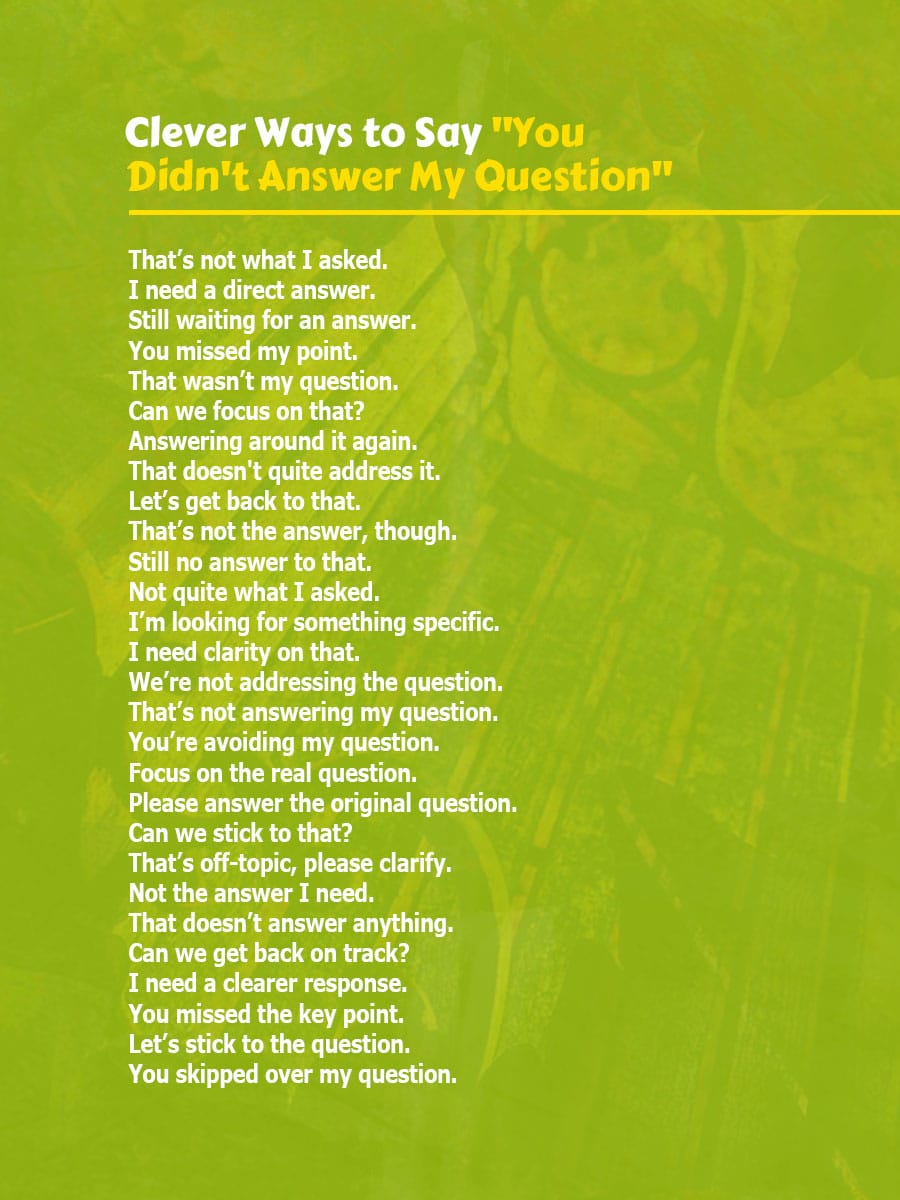
I hope this list of alternatives helps you express yourself in a more polite and effective way when someone doesn't answer your question. Sometimes, changing how we say things can make a big difference in keeping conversations smooth. Remember, it’s all about keeping it friendly while still getting the point across!

